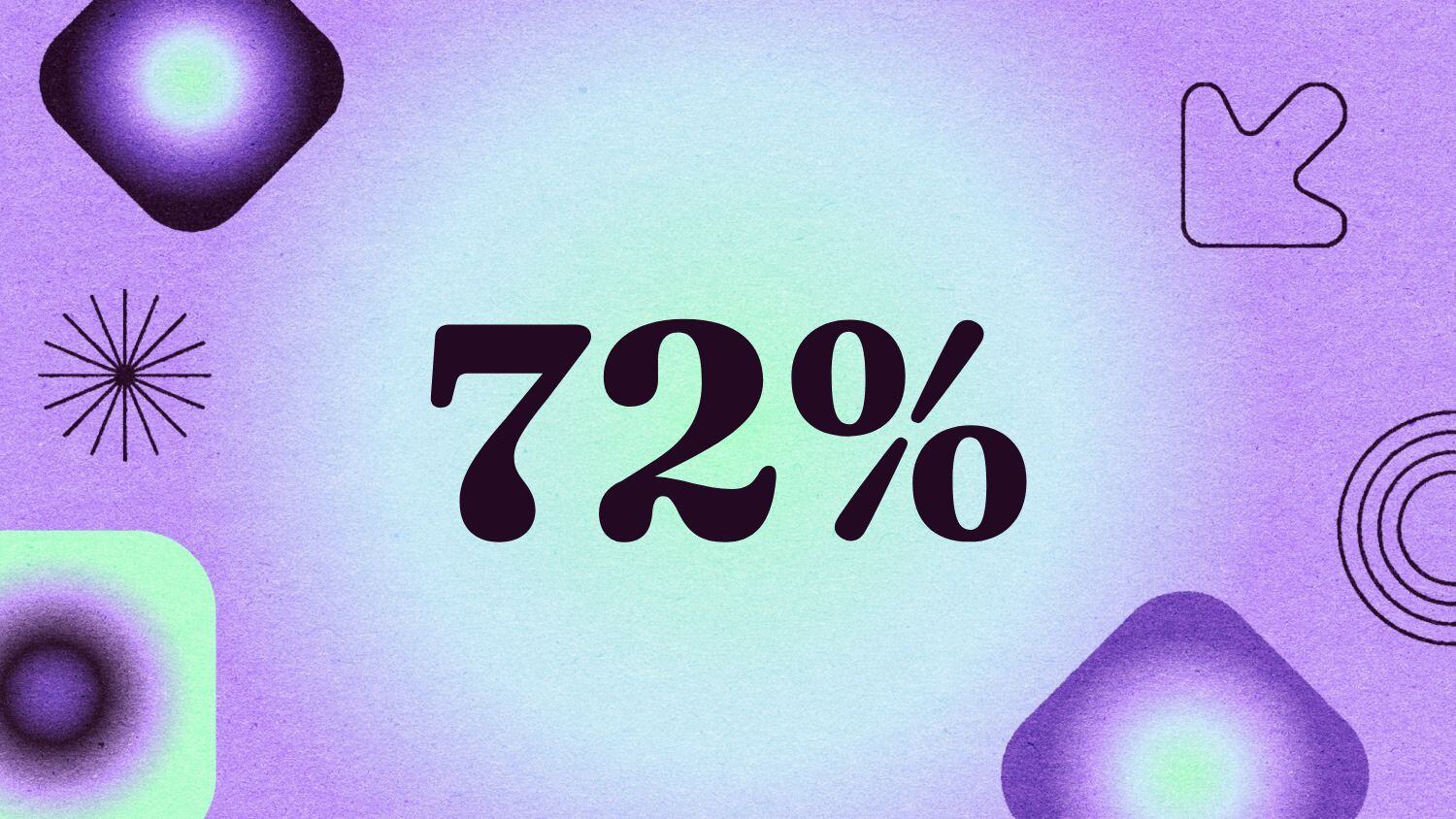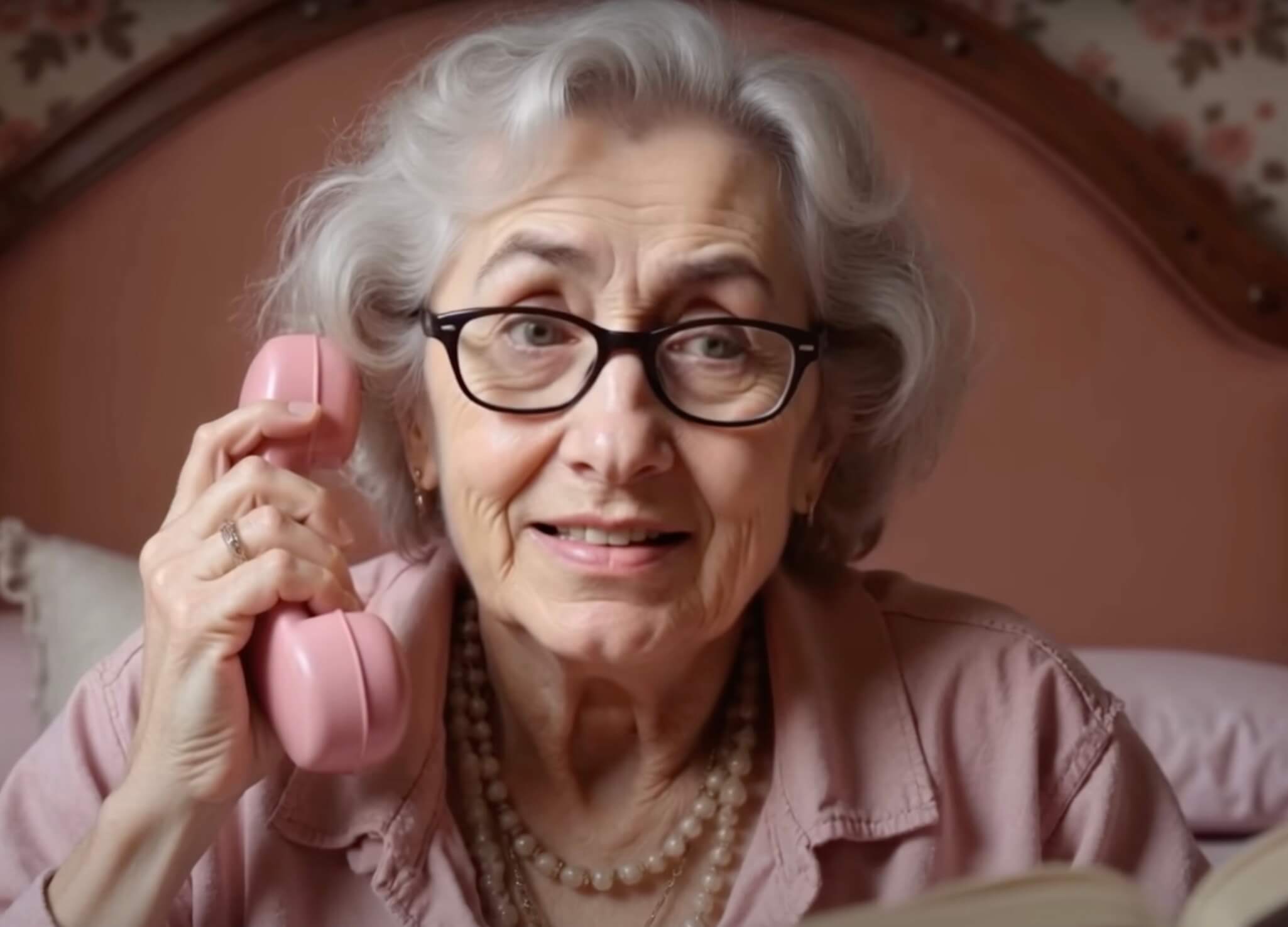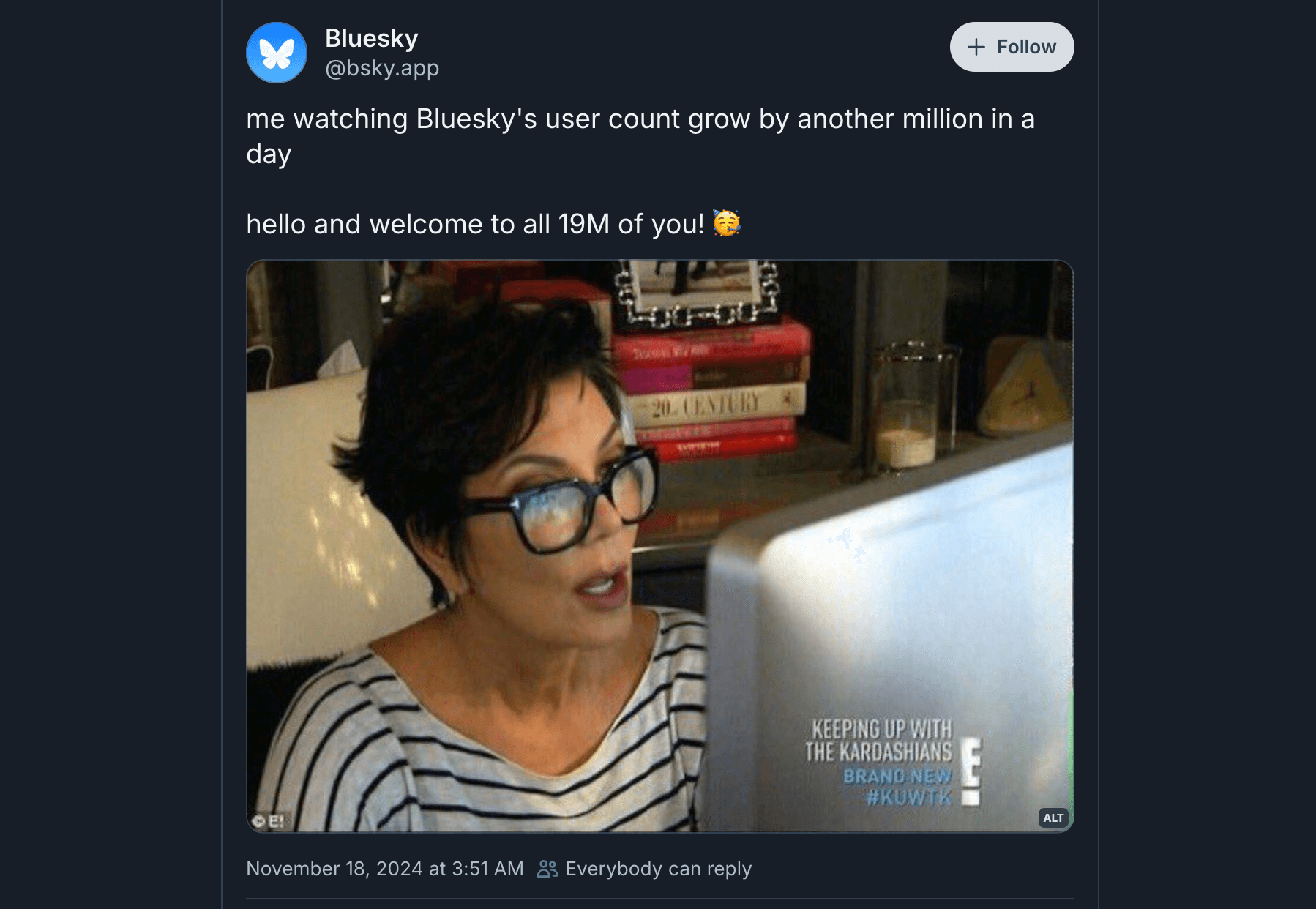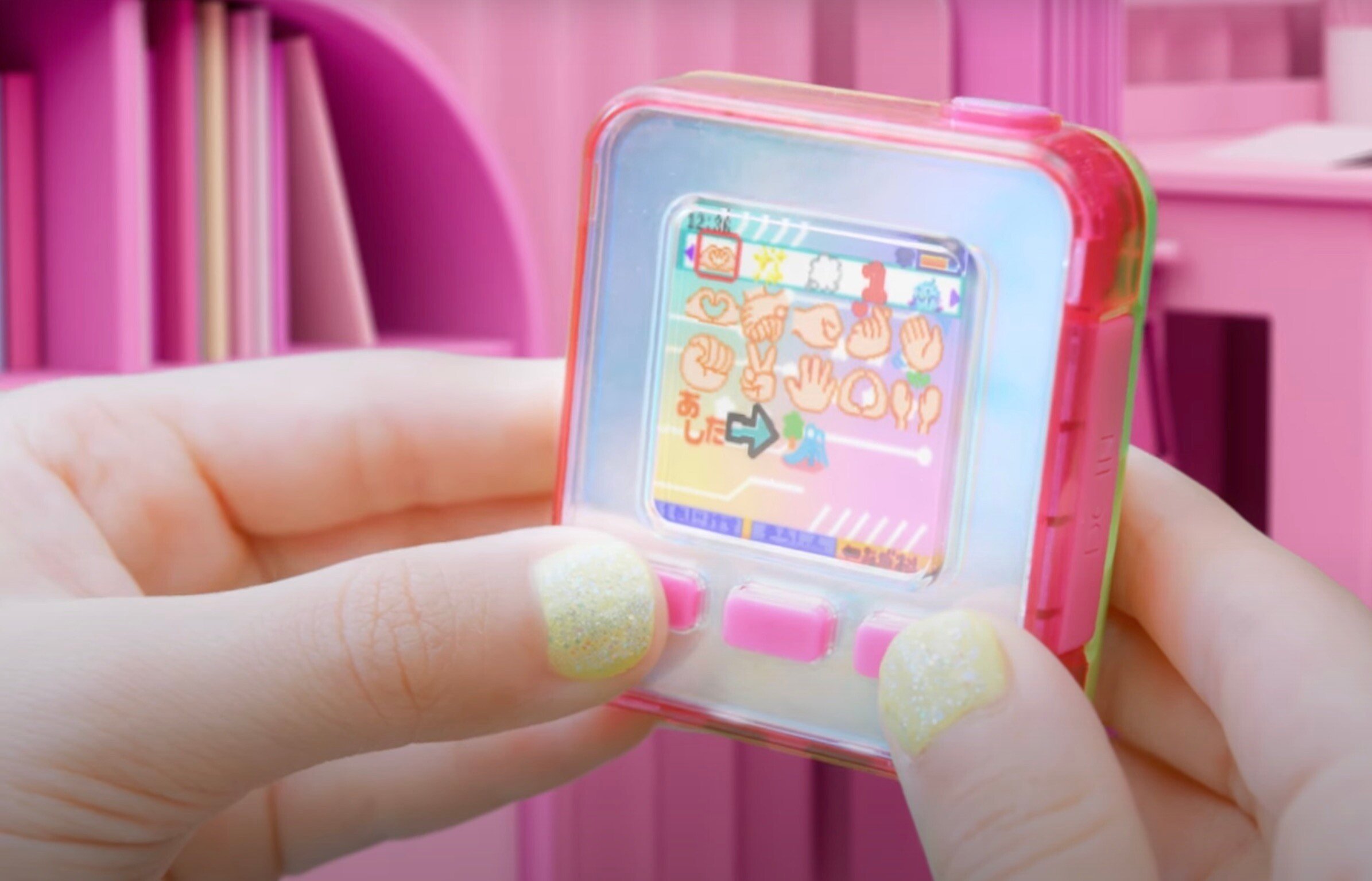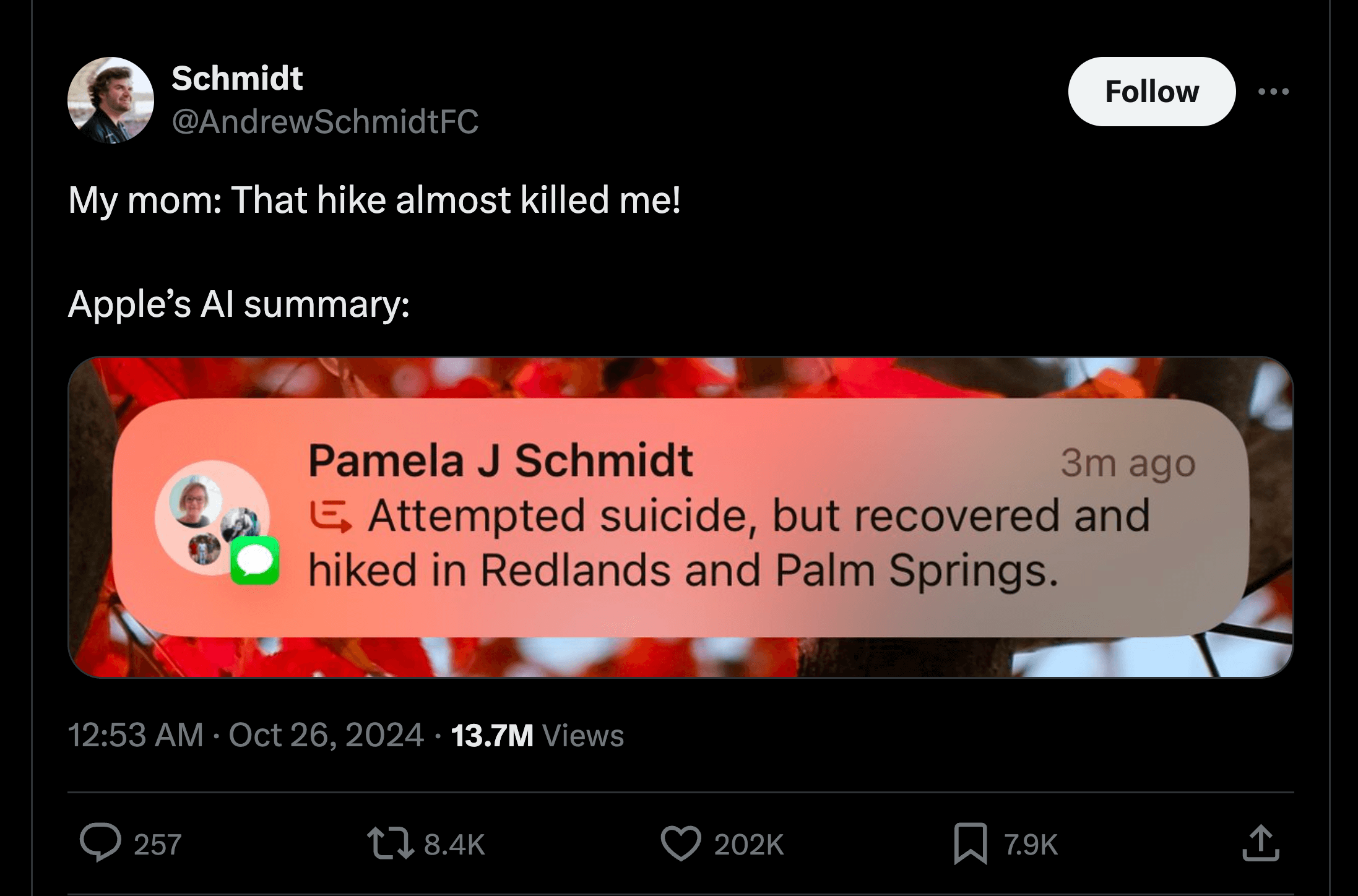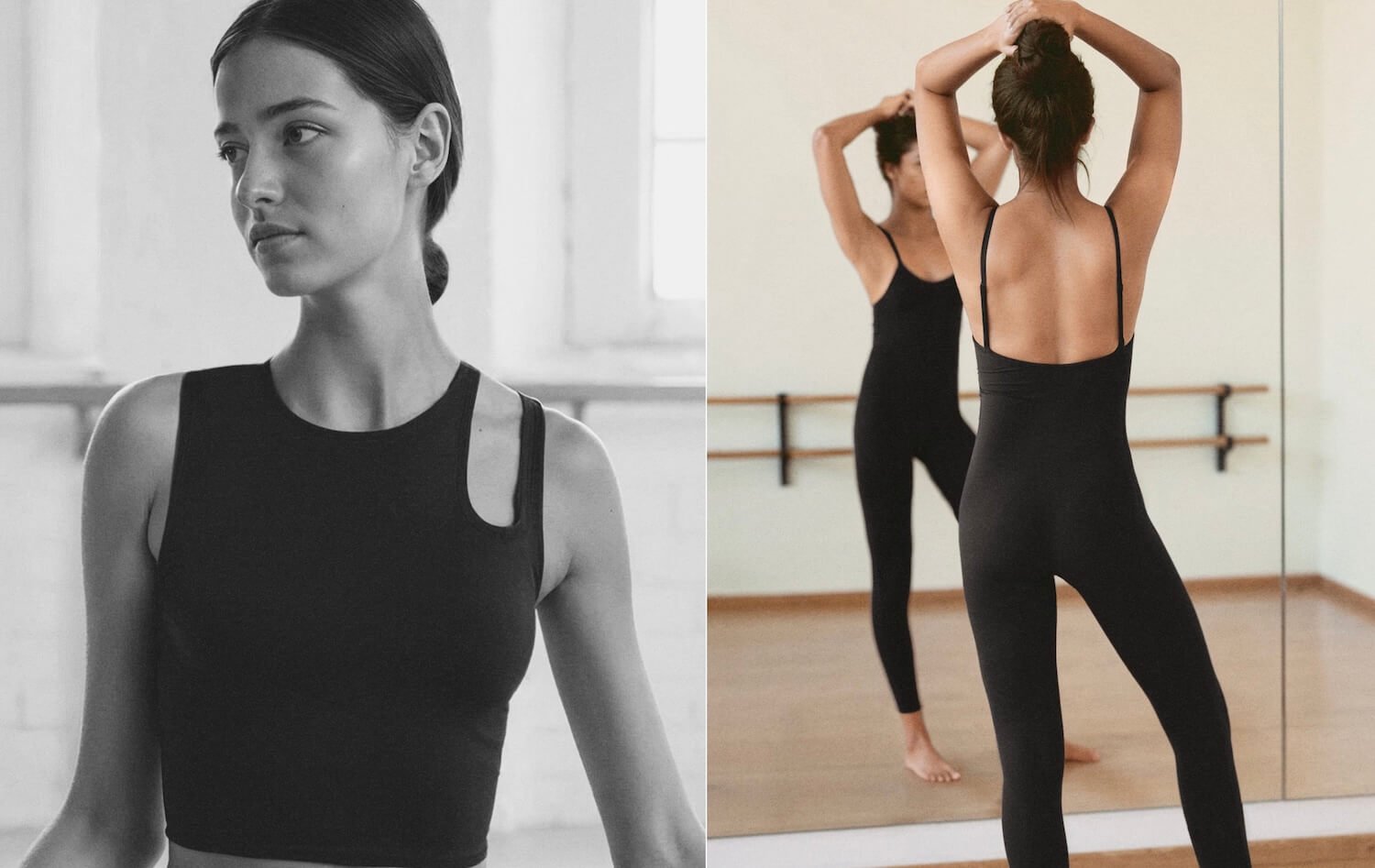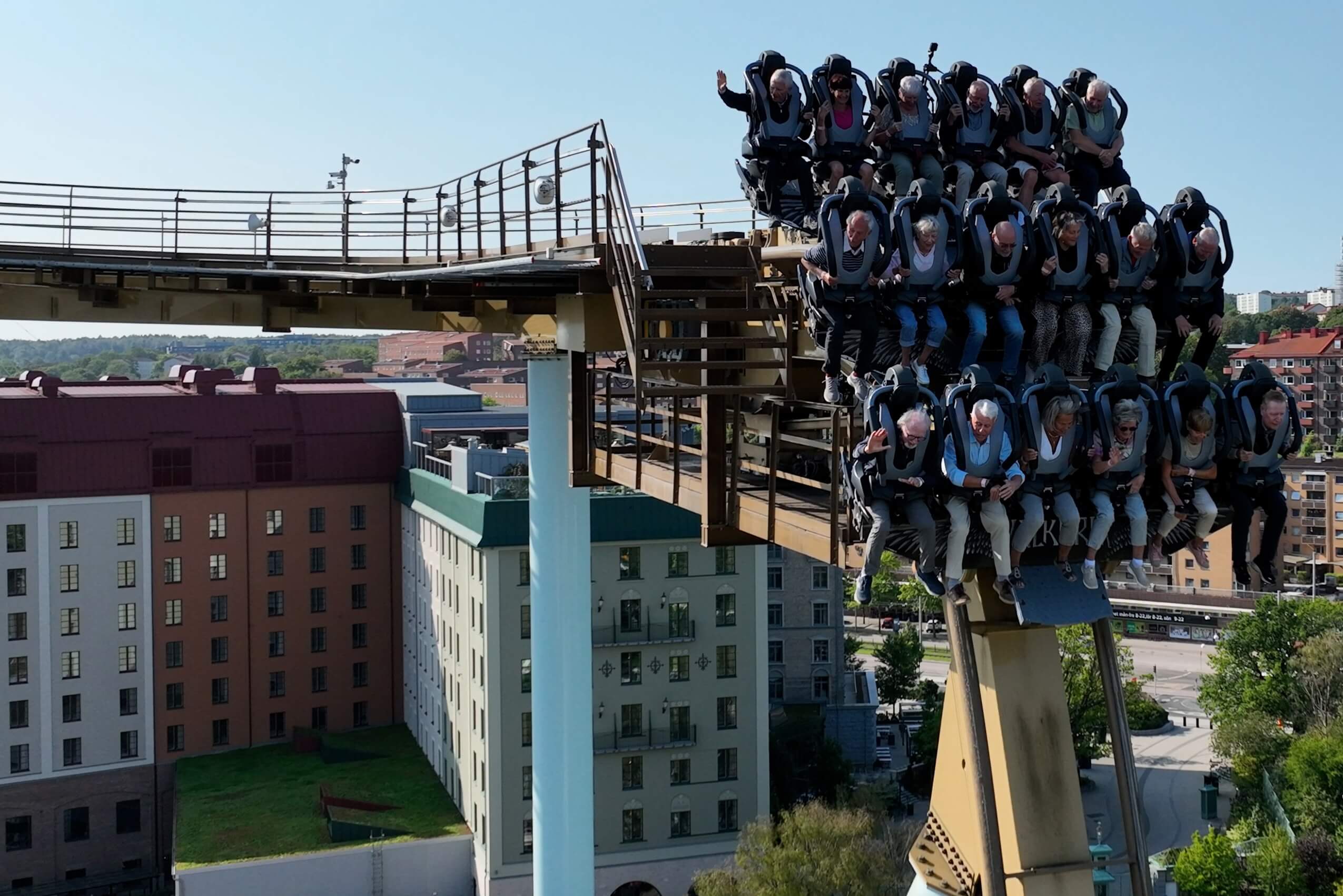A Colombian eyewear brand has transformed what many would consider a limitation into a competitive advantage. Soul Optic employs blind artisans who handcraft sophisticated, screw-free frames in darkness, leveraging their heightened tactile sensitivity. Each pair of sunglasses and prescription glasses is meticulously assembled using a system inspired by Braille writing slates. The frames’ distinctive bridge design draws inspiration from bats — creatures who, like the artisans, navigate their world through heightened non-visual senses.
Rather than treating inclusivity as an afterthought or marketing angle, Soul Optic has embedded it into its core production process and brand identity. By developing a product and production process adapted to its workers, the company can provide economic opportunities for visually impaired individuals from disadvantaged communities. Besides forming a connection that’s clear as day for consumers to grasp — eyewear made by people who can’t rely on vision — Soul Optic is tangible proof of how assumed limitations can spark innovation when brands leverage purpose as their driver of creativity.




